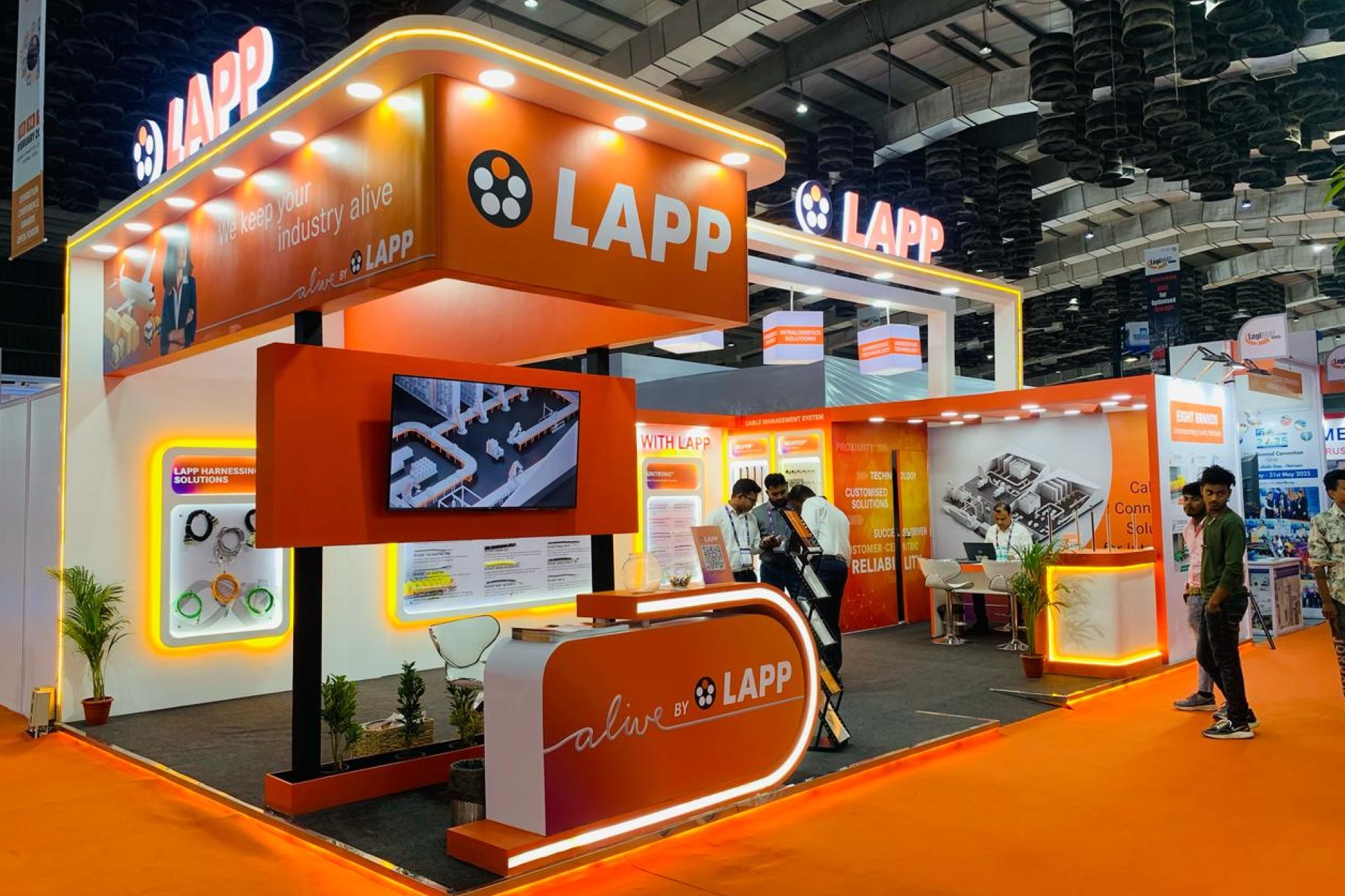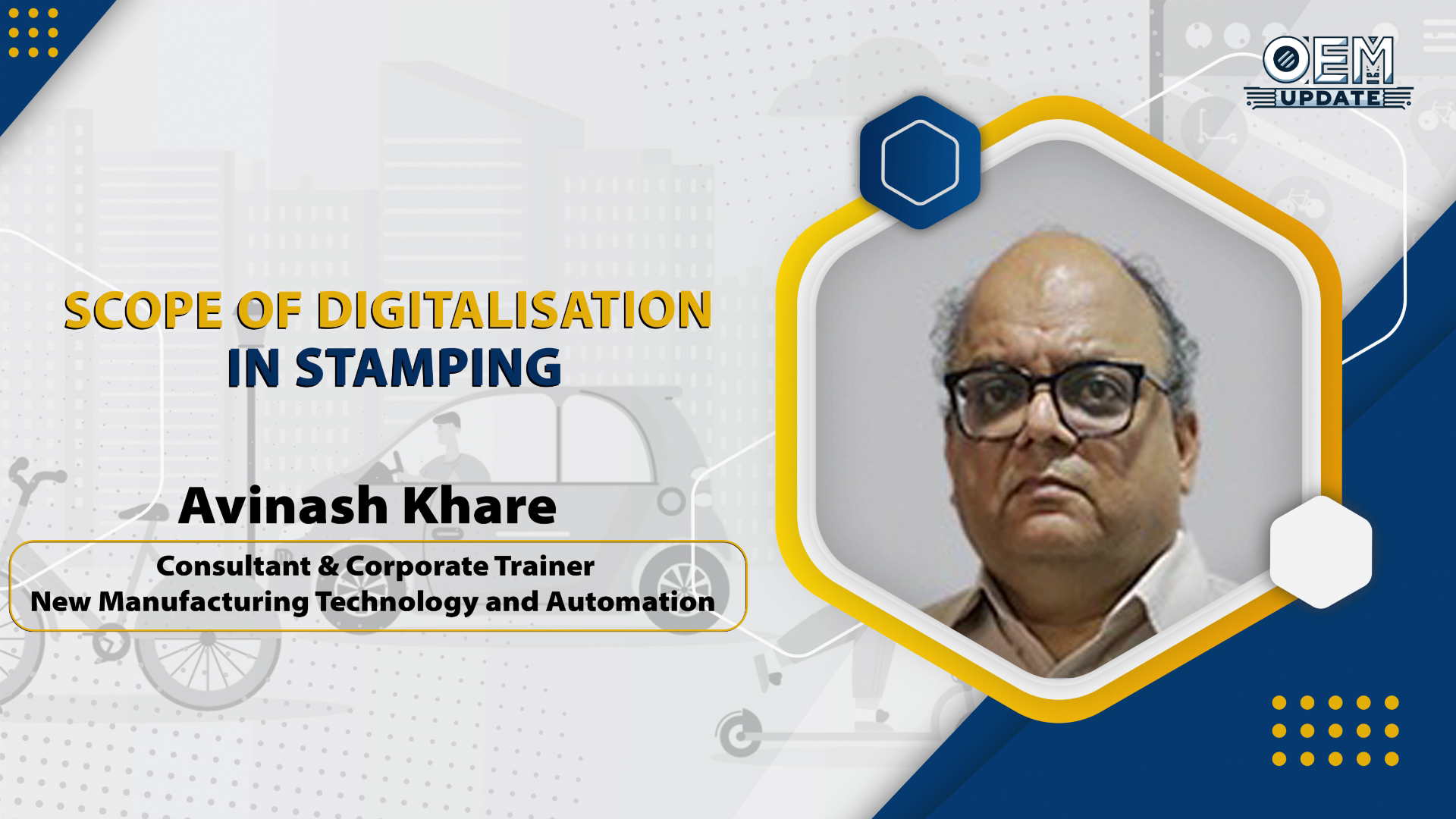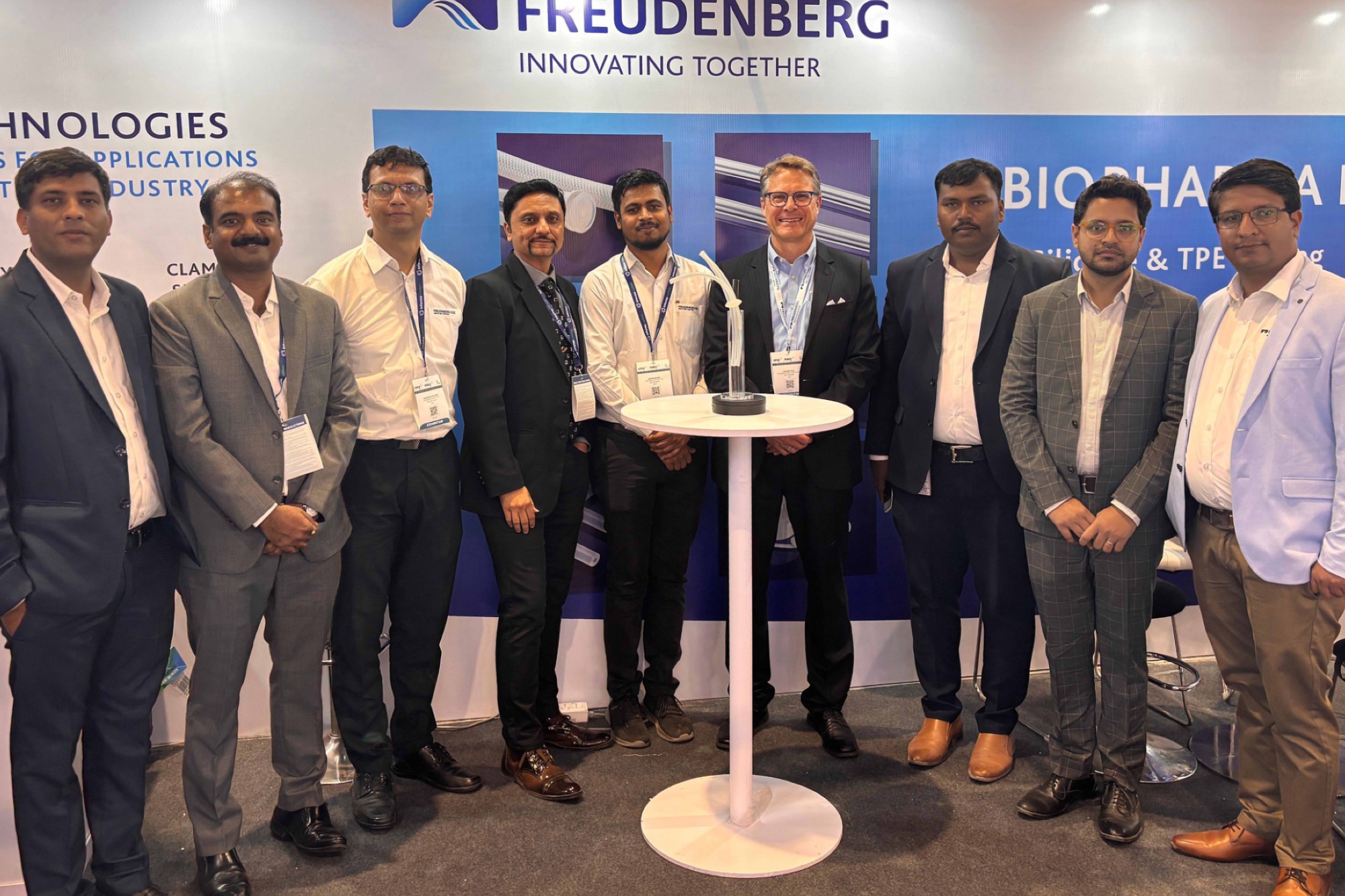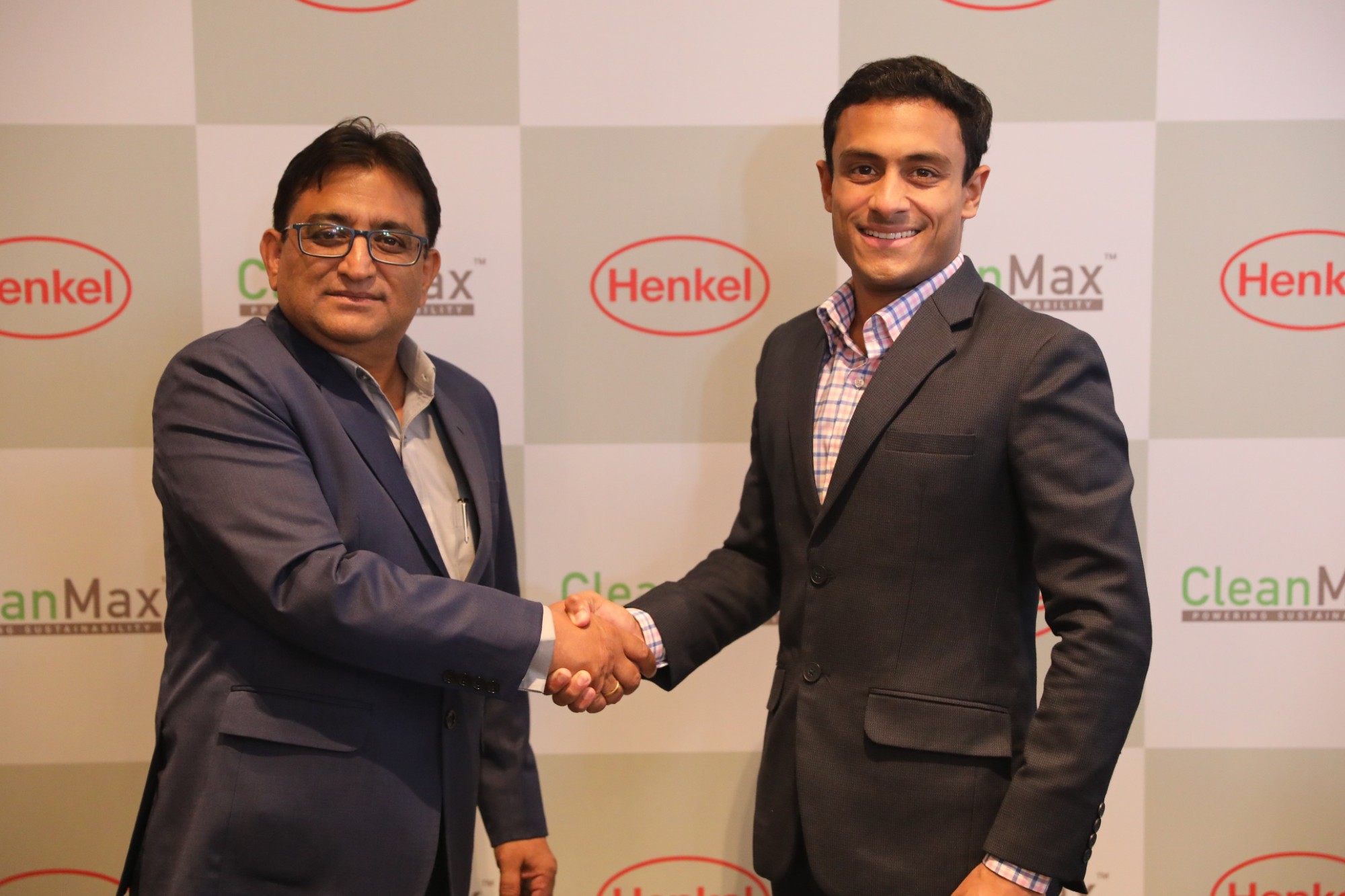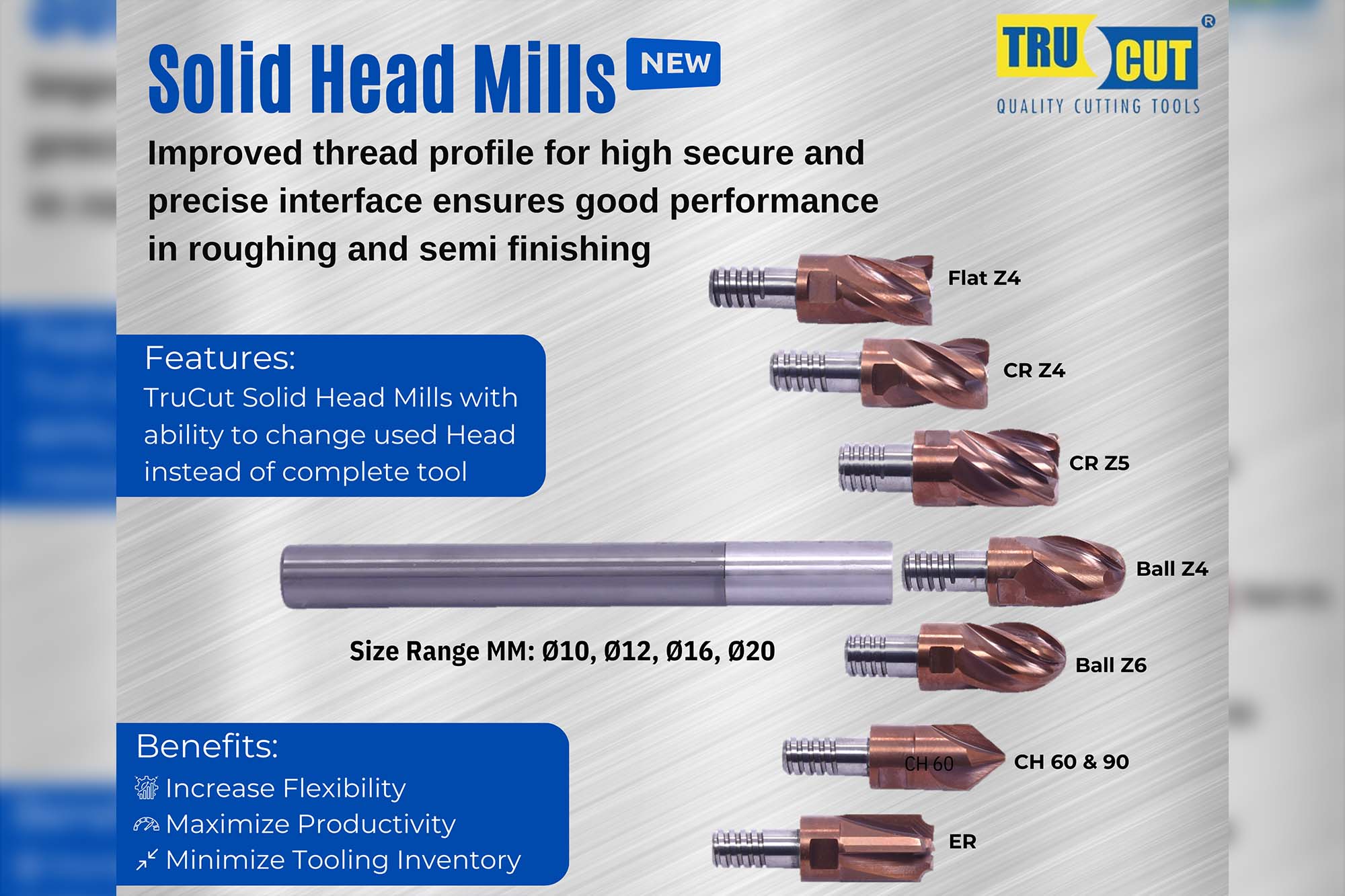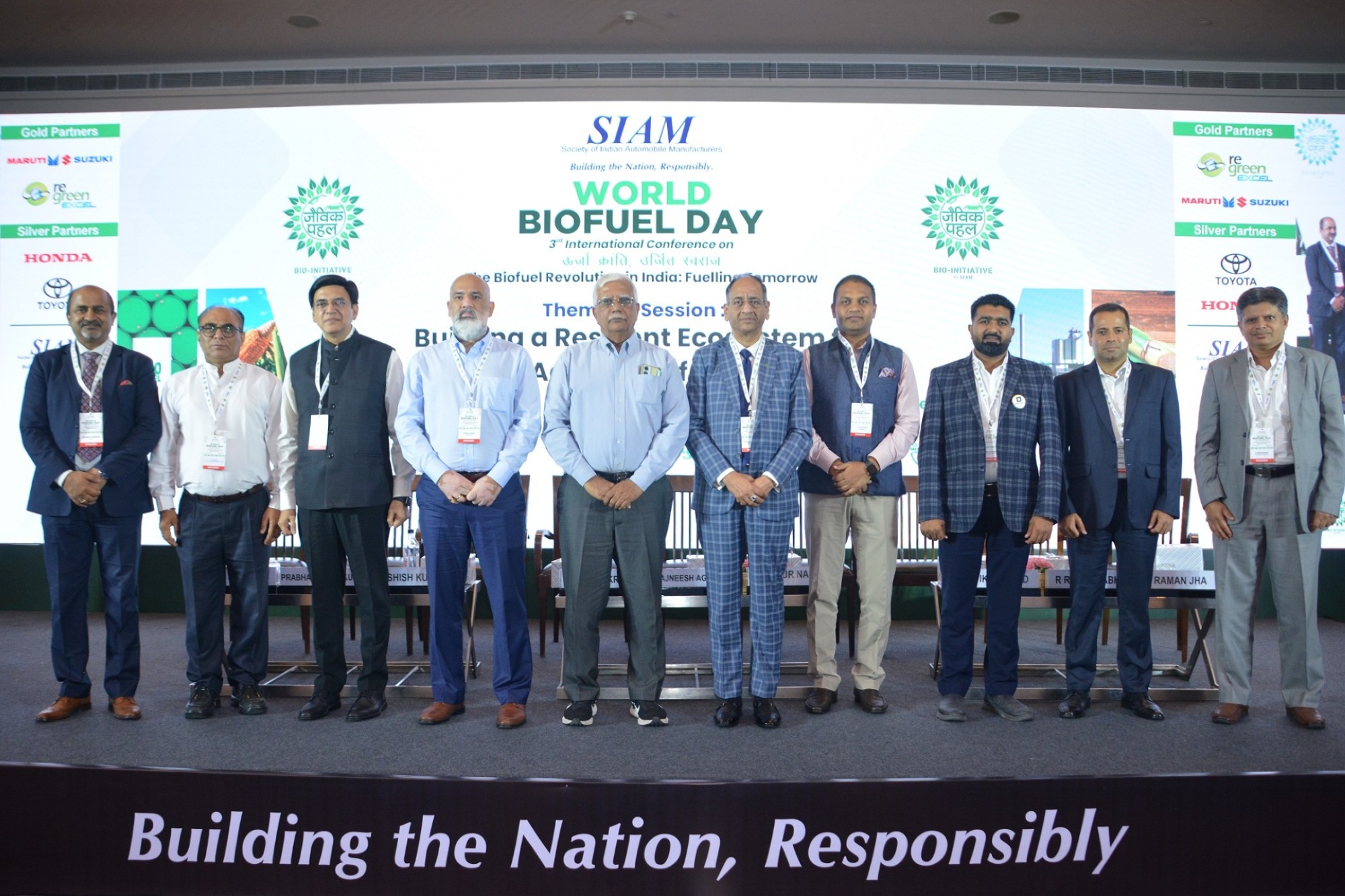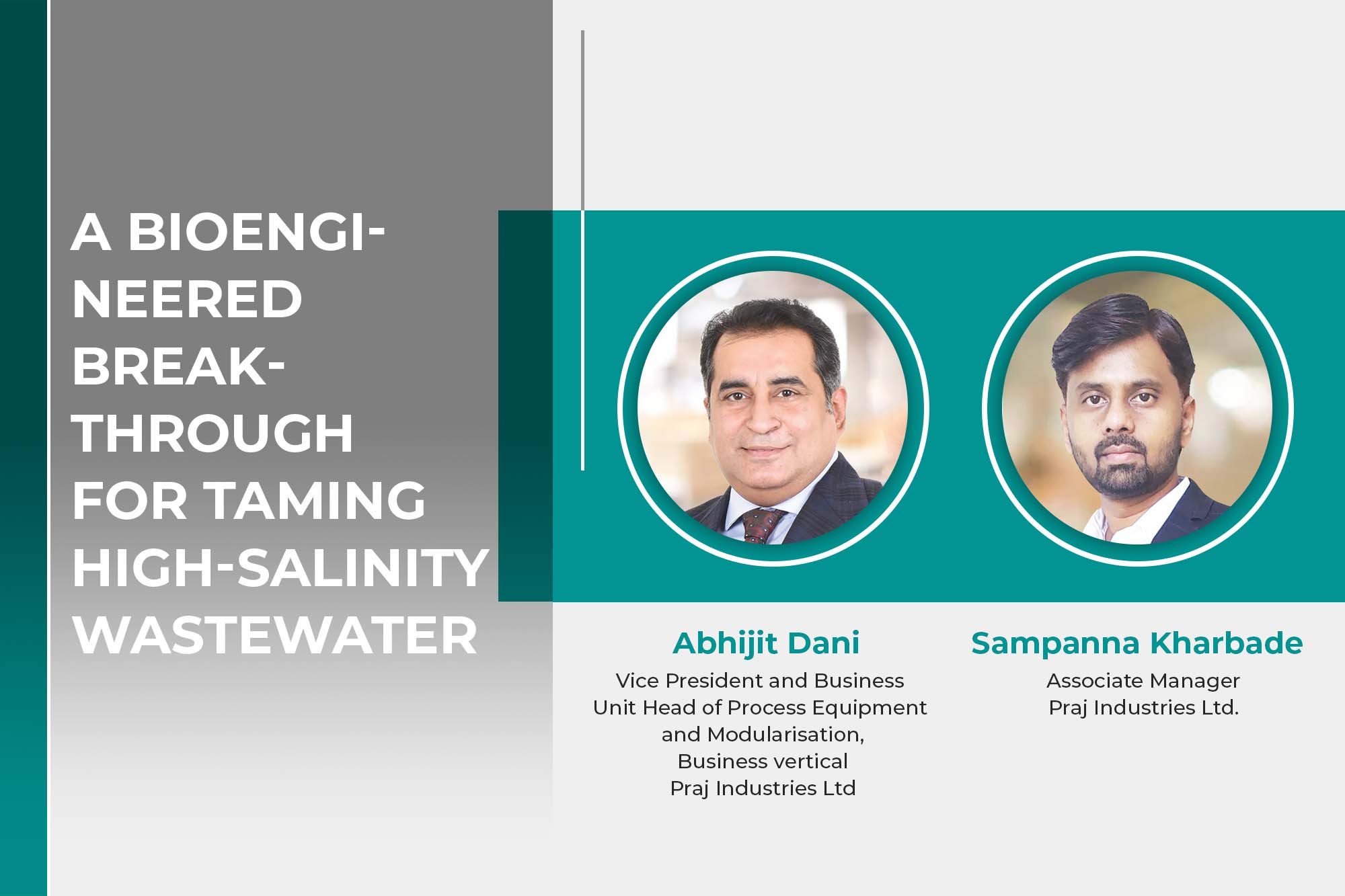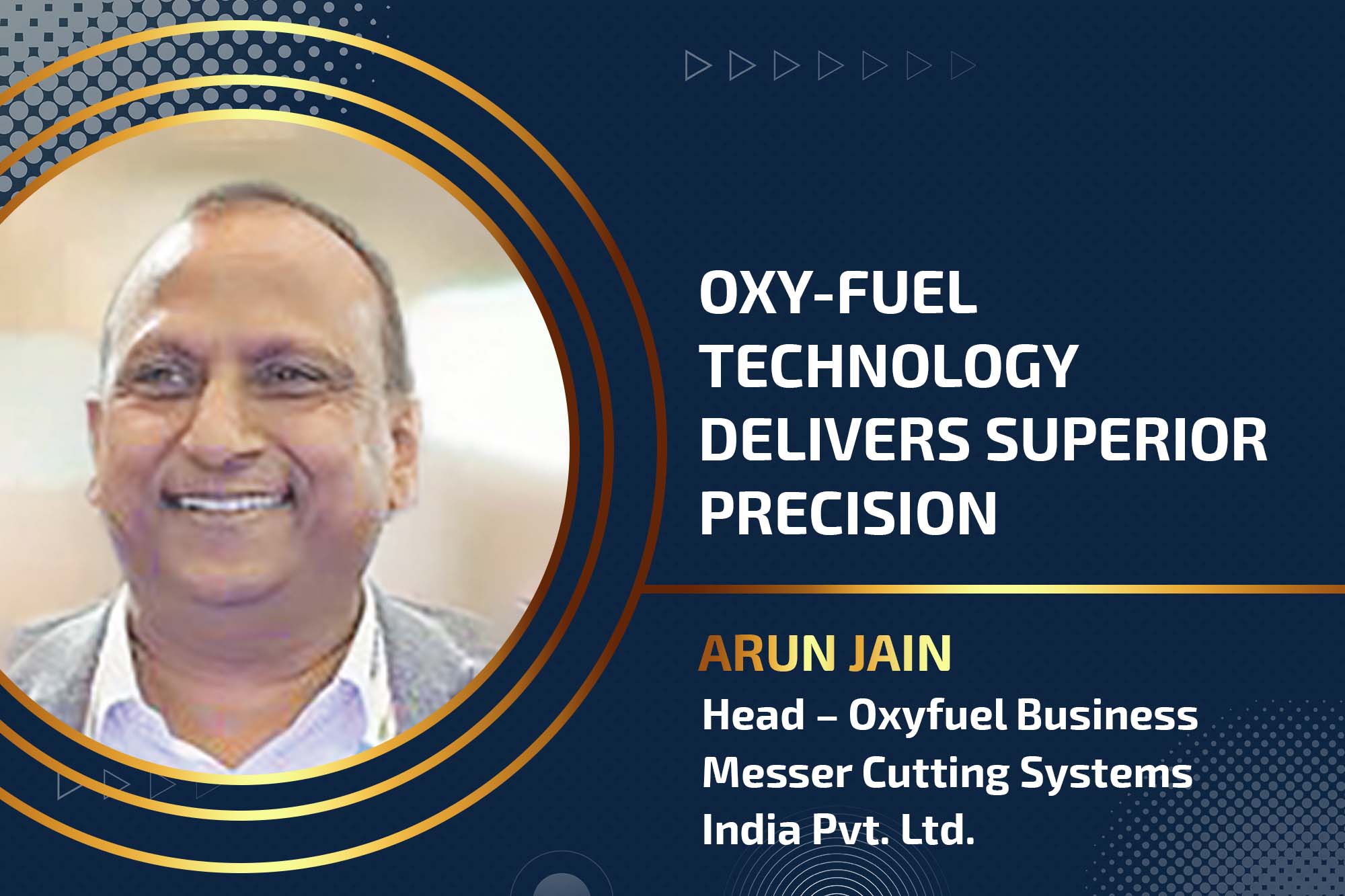Dry vacuum systems for chemical and pharma plants
By admin January 23, 2013 5:49 am IST
Dry vacuum systems for chemical and pharma plants
Dry vacuum systems are the changing face of the technology in the process industries and turns out to be the efficient, reliable and eco-friendly for pharmaceutical, chemical and petrochemical industriesFor decades vacuum pumps are being used for the various applications in the chemical, petrochemical and pharmaceutical processes, such as in product drying, freeze drying, solvent recovery, evaporators, dehydrators, crystallisers and for other general vacuum applications such as conveying, regeneration of molecular sieves, vacuum filtration etc.
The boom in the global market in refined chemicals, medicines and other products led to the increase in the use of the vacuum equipment across all the process industries. The major concern in chemical and pharma processes is to offer vacuum systems capable of handling corrosive and toxic vapours and gases.
Earlier there were limited methods in the field of manufacturing which could help in reducing the waste contents but with the changing face of the world and the technological advancements industries learnt and shifted toward the advanced technology of vacuum pumps. Nowadays, almost 75 per cent of the process industries are using the vacuum pumps and allied systems in their applications. This has helped them to reduce their waste to a large extent and increased their production and profitability.
Following conventional vacuum pumps are being used in the process industry:• Liquid ring pumps/water ring pumps• Oil sealed pumps – rotary and reciprocating• Steam jet ejectors• Water jet ejectors.
For decades, applications demanding ultimate pressure below 1 mbar; oil-sealed rotary vane pumps were the most popular solution. All of the above (wet technology) utilise liquid media that can be oil, water, or steam to generate vacuum inside the given volume or the process.
During evacuation there is a carryover of the process solvent/vapour which contaminates the pumping media. The treatment of this contaminated medium is a major concern and a huge investment is required to treat it to meet the norms of disposal set by the Pollution Control Board.
Moreover, over a period of time the continuous contamination of the liquid media inside the pump leads to the corrosion and damage to the pumps internals, resulting in lower overall efficiency of the pump thereby affecting the process performance. This demands regular maintenance and has frequent breakdowns.
Dry vacuum pumps: State-of-the-art technologyIn the late 90’s, clean process requirements initiated the development of the dry vacuum pumps. In today’s date they are readily available and most of the process applications use dry pumps (Everest Dry Screw Vacuum Pumps) and dry pumping packages (Everest Supervac Series).
The major advantage of the dry screw vacuum pumps is that they do not require any fluid (oil/water/steam) inside them for the vacuum generation. This eliminates the contamination of the process vapours and provides better recovery of the vapours thus reducing the effluent generation. The dry pumps use fewer utilities thus cutting the operational cost as compared to other traditional vacuum pumps. The vacuum levels are highly precise and the volumetric displacements are consistent giving full efficiency in the process.
Engineers at Everest Group prepared a case study in a leading pharmaceutical concern in India. The team observed following benefits where conventional steam jet ejector systems were replaced by Everest Dry Pump combination.
Following are the benefits of dry screw vacuum pump over steam jet ejector System:• Better vacuum level achieved• Distillation temperature is reduced• Steam consumption nil, thereby reducing load on boiler, plant & allied equipment• Load on cooling tower reduced drastically• Load on effluent treatment plant is reduced• Reduced specific energy consumption by 30-35 per cent• Zero start up time with option of quick start and stop• No vacuum fluctuation during feeding and circulation in the process• No loss of solvent i.e. 100 per cent solvent recovery enabled• Maintenance cost minimised as the dry pump offers robust solutions.
A study made by the team from Everest on the replacement of the steam jet ejector system by Everest dry pumping system at a leading pharmaceutical company is as tabulated below:The along side chart shows the benefits gained by the replacement of the steam jet ejector setup with the dry screw vacuum pump technology.
According to Everest, though the initial investment with its dry pumps is high but the operational cost is comparatively less resulting in shortest payback of the machine and leading to various other benefits such as less utility, less waste disposal, better recovery of the product, thereby maintaining the quality of the product, reducing process temperatures etc. All these things lead to the eco friendly systems and highly efficient process results.
MaintenanceThe maintenance of these dry systems is quite easy as compared to the traditional pumps as there is no fluid present. Therefore, frequent checks are not required to look for the contamination. These pumps only use oil for lubrication of gears which need to be checked over the prescribed period of time depending upon the properties of the lube oil used.
Moreover, as there are no rubbing parts inside the pump there is not much to be taken care of inside the pump, and hence the pump provides a trouble free working over years.
SafetySince the pumps do not have any rubbing parts inside so there is no possibility of any breakdown. Moreover, the internals of Everest pumps come with PFA coating of 60µ in order to enable the pump to handle corrosive and harsh gases passing through as a carry over to the process. Thus, in case of any condensation taking place inside the pump there will not be any problem of cavitation, leading to longer life of the pump and trouble free operation even in mildly corrosive applications.
Cookie Consent
We use cookies to personalize your experience. By continuing to visit this website you agree to our Terms & Conditions, Privacy Policy and Cookie Policy.




